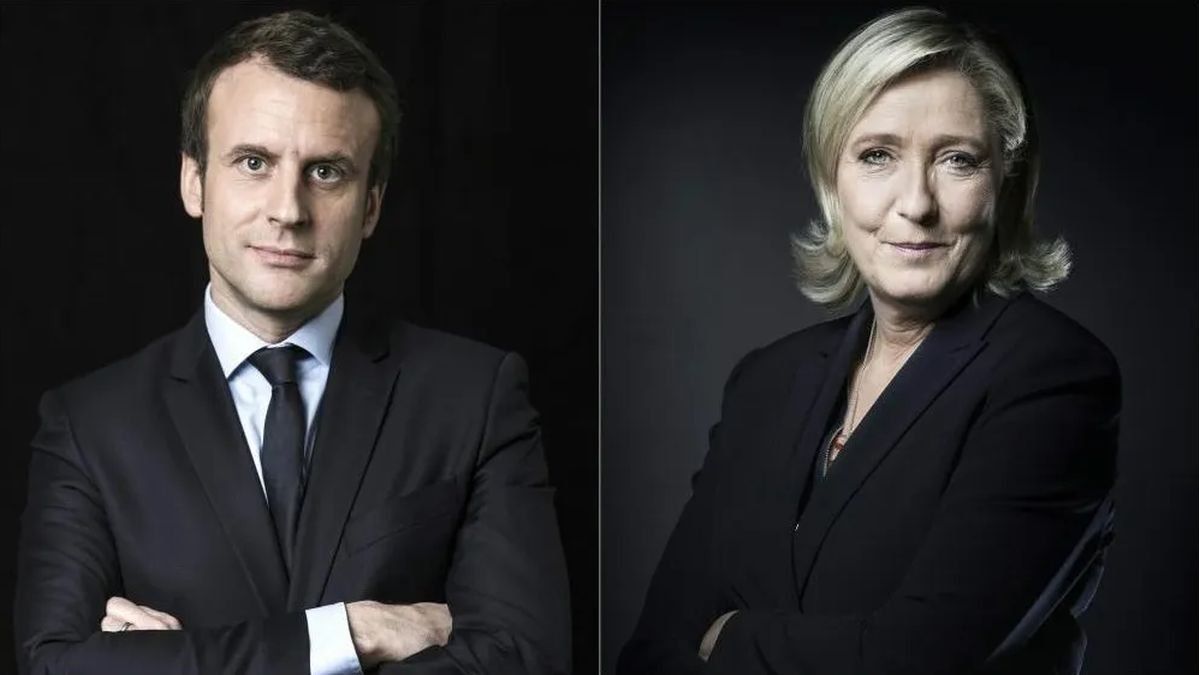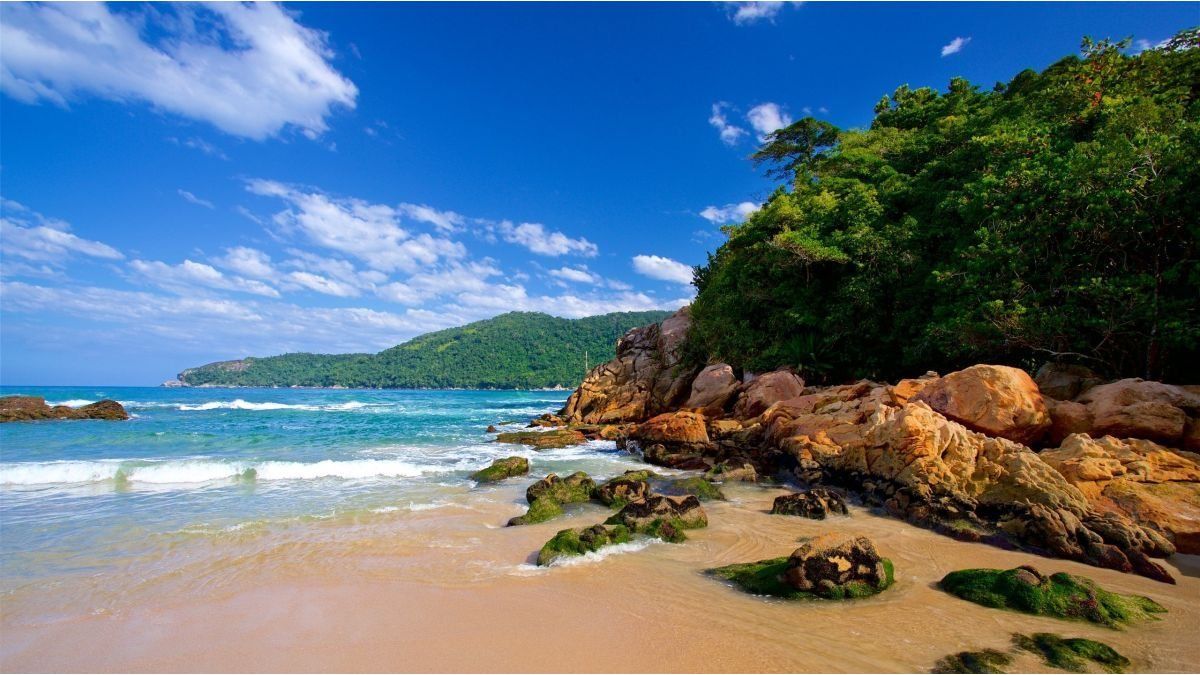Precisely Macron, after knowing the polls that placed him in the second round, warned his supporters that “nothing is decided” and that in the following elections they will be “decisive for France and Europe.”
The entry of both to the second round will allow them to reissue what was the ballot of 2017. At that time, Macron came to the race after winning the first time with 24.01% of the votes – while the far-right obtained 21, 3% – to later obtain the support of a large part of the population by reaping 66.1% of the votes.
On this occasion, third place went to the left-wing candidate Jean-Luc Mélenchon, who maintained the same figure as in 2017: 19.3%. While the remaining nine candidates are below 10 percentage points. After the defeat, Mélenchon called on his voters not to vote for the far-right candidate: “You must not give Le Pen a single vote!” He urged, in an indirect message, to vote blank or for the current leader.
Specifically, the far-right journalist Éric Zemmour had 6.87%, the conservative candidate Valérie Pécresse 4.69%, the environmentalist Yannick Jadot 4.4%, the independent Jean Lassalle 3%, the communist Fabien Roussel 2.4% , the socialist Anne Hidalgo 1.9%, the Gaullist Nicolas Dupont-Aignan 1.8% and the anti-capitalists Philippe Poutou and Nathalie Arthaud 0.8% and 0.6%, respectively, according to said survey.
The traditional parties sharpen their debacle
With their humiliating elimination in France’s presidential election, the traditional right-wing party, The Republicans, joins forces with the Socialists to face the inevitable: rebuild a viable political project or risk going down in history.
The Socialist Party (PS), led by the mayor of Paris, Anne Hidalgo, and LR, with the president of the Parisian region, Valérie Pécresse, together had less than 10% of the vote, the worst result for these formations once in power. .
“We are witnessing a recomposition of French political life with this new bipolarity between the centrists and the extreme right,” Gaspard Estrada, a political scientist at the Institute of Political Sciences in Paris, told AFP, highlighting the fall of the PS and Los Republicans.
If their percentages are added, 26.37% of votes in 2017 already represented their worst result since 2002 (36.06%), for two formations that took turns in power since the arrival of the Fifth Republic in 1958, until 2017 (except for the presidency of the centrist Valéry Giscard d’Estaing, from 1974-1981).
With around 2% of the vote, the Socialists register the worst result of a party that had two presidents –François Mitterrand (1981-1995) and Hollande (2012-2017)– since 1958 and which, in 2012, led all institutions. In the previous presidential elections, in 2017, they achieved 6.36%.
With a low-cost campaign, the PS had prepared for its fall below 5%, a key threshold for finances. Below that, only up to €800,000 ($873,000) can be recovered from the authorities, instead of €8 million in damages at most.
On the right, the party that claims to be heir to the ideas of General Charles de Gaulle and that has several presidents in its history, such as Georges Pompidou (1969-1974), Jacques Chirac (1995-2007) and Nicolas Sarkozy (2007- 2012), registers its worst result, around 5%.
“This result is obviously a personal and collective disappointment,” said Pécresse, who confessed that he had to “fight a battle on two fronts, between the president’s party and the extremes that came together to divide and defeat the Republican right.”
Source: Ambito
David William is a talented author who has made a name for himself in the world of writing. He is a professional author who writes on a wide range of topics, from general interest to opinion news. David is currently working as a writer at 24 hours worlds where he brings his unique perspective and in-depth research to his articles, making them both informative and engaging.




